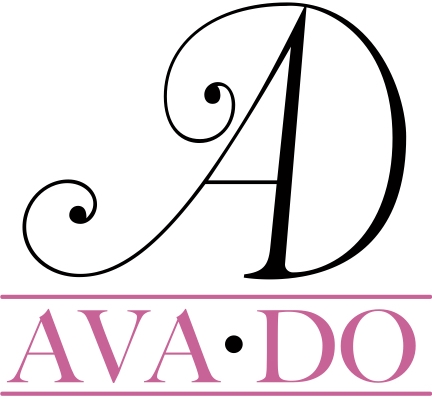On Influence - "Always a bridesmaid, never a bride."
Thanks for visiting the blog. In my performance, I use psychological illusions to read thoughts, influence actions and predict behaviors for entertainment purposes. But these things happen frequently to all of us in our everyday life. I wanted this blog to explore the means that shape our perception and behavior. I thank you for reading and I encourage you to share your thoughts and/or subscribe below.
For our first post, I thought we might visit the ideas of influence and persuasion, do you know the origin of the famous saying "Always a bridesmaid, never a bride"?
Not surprisingly, it's been around since the 1920's. Surprisingly, it came from an old Listerine advertisement to promote mouthwash by appealing to the socially embedded desire of young women to be married. Here's a photo of the ad and the description:
"Poor Edna was getting on for thirty and most of her girlfriends were either already married, or about to tie the knot. How she wished that, instead of being their bridesmaid, she could be the bride! However, any romance of hers invariably ended quickly. There was a reason. Unbeknownst to her, she suffered from bad breath and no one would tell her, not ever her closest friends.
The advertisement sold millions of bottles of mouthwash and also gave the English language a new saying. By spreading widely the now-popular saying: Listerine helped to cement the already-existing social expectation of marriage and commitment for women at that time. Along with other similar gender role reinforcements, "always a bridesmaid" played a critical part in creating a foundation for our current social behavior. For example, the average amount of money that brides spend on their wedding day is $27,021. Forbes recently estimated the net worth of the wedding industry at 60 billion dollars. "Always a bridesmaid...", a simple saying with interesting roots that has possibly sprung deep-rooted desires for young women to be brides, to avoid the judgement of being bridesmaids, being undesired and being secondary.
For me, it's been one of the greatest mentalism trick: advertisements that change the way we think and operate. How about you? Any other favorite famous sayings that has been stemmed in advertisement that currently influences collective behavior?

